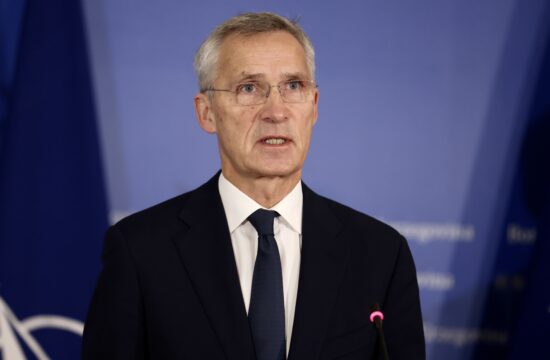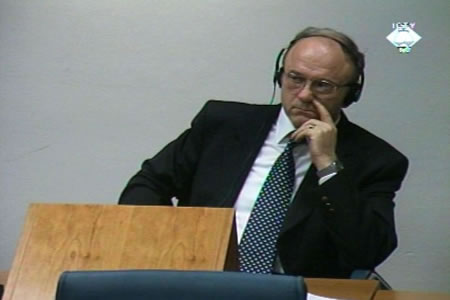
Europe and the US have tried to put the Western Balkans in order but were unable to do so, and that’s why the region needs a new approach which will recognise the seriousness of the problem and accept that a solution will demand a long time and substantial means, experts agree, the Beta news agency reported on Wednesday.
Former US diplomats Frank Wisner and Cameron Munter, and an expert for South-Eastern Europe Marko Prelec said in a joint article in the National Interest magazine that there was no time to lose and called on the European leadership that together with the US focus on the Western Balkans again.
The vision of Europe as “united, free and peaceful, has an incomplete corner – the Western Balkans,” they wrote, adding that “a peace in the region is fragile,” and that “it is in trouble which could easily spread to the rest of Europe and affect the interest and security of the US.”
According to the authors, the most significant problems are “the relations between Serbia and its former province, now the independent republic of Kosovo and conflicts in Bosnia and Herzegovina over the identity and the survival of the state.”
“Both problems are rooted in the wars, and both trigger the essential questions of identity and are deeply emotional. They are like broken bones fixed in a hurry and wrongly healed – influence all and will continue to create troubles – troubles that have again reached a crisis dimension,” the article said.
The authors also said that the whole region “suffers from endemic corruption, low state capacities” and the lack of the rule of law.
They added that previous attempts to solve the Western Balkans issues were wrong since they ignored the real problems or wanted “too much too soon.”
“For many years, both Europe and the US had been encouraging local leaders to focus on technical and non-political work on the EU and NATO integrations, instead to concentrate on the most difficult problems which led them into bitter conflicts,” the authors wrote.
They added the EU and US “hoped that otherwise tough conflicts would soften and become easier to solve. “It’s clear now that such an approach will not succeed.”
The authors suggested that “the search for a solution must continue, possibly out of the public eye and without unrealistic expectations for quick victories. The external factors can help with the diplomacy behind the public's back and without the front pages.”
They added it was “expectable that any progress would take a lot of time and that gradual steps forward could be lost in occasional jams.”
Visner, Munter and Prelec agree that “the integration in the Western political, economic and security architecture is still valid, even essential goal, but also far away” for many years.
They added the integration itself would not solve the political problems in the region.
“NATO and the EU can accept only well-organised countries which are at peace with themselves and their neighbours. The two remaining Balkan conflicts prevent that, making the establishment of stable and well-managed states impossible. No one wants a partner whom for the rule of law is a joke and who see the neighbours as bitter enemies,” the authors wrote.



